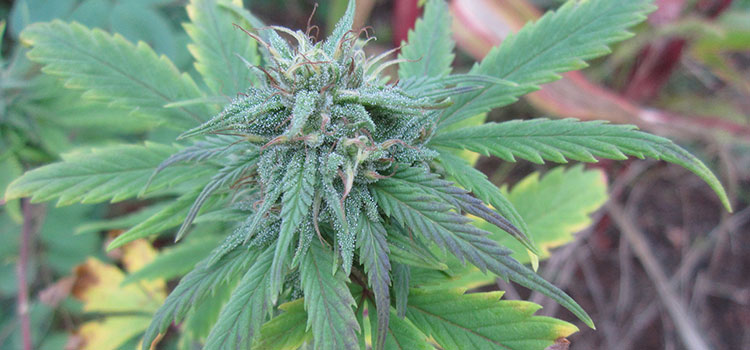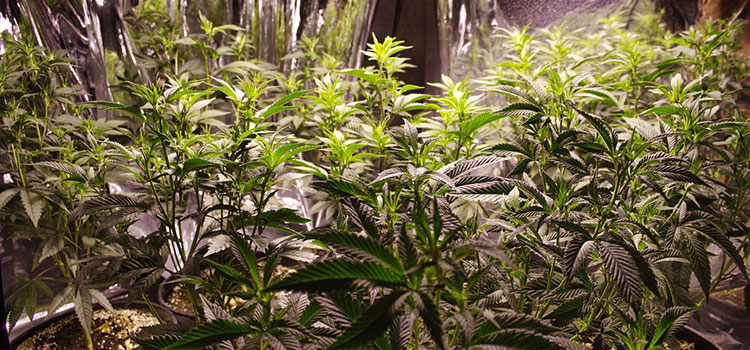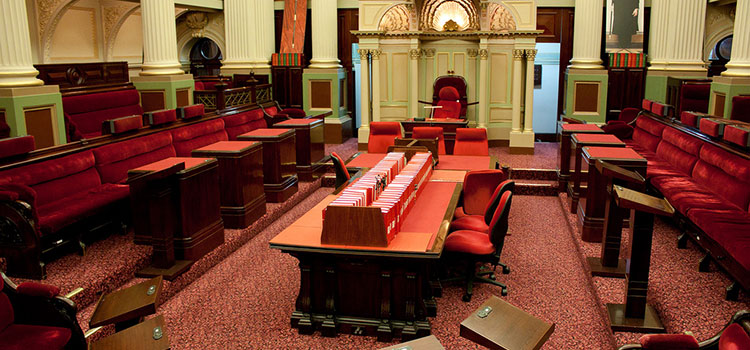 Want a job in cannabis? David Murét of Viridian Staffing joins show host Shango Los to discuss where the jobs are in this exploding market and how you can get one. Viridian Staffing is a recruiting agency in Washington that connects employers with job-seekers in the legal cannabis industry. Companies in Washington have hired Viridian to find and place candidates in job roles ranging from entry-level to executive, in every sector and niche of the marijuana market.
Want a job in cannabis? David Murét of Viridian Staffing joins show host Shango Los to discuss where the jobs are in this exploding market and how you can get one. Viridian Staffing is a recruiting agency in Washington that connects employers with job-seekers in the legal cannabis industry. Companies in Washington have hired Viridian to find and place candidates in job roles ranging from entry-level to executive, in every sector and niche of the marijuana market.
In this show, David and Shango discuss what types of jobs these companies are hiring for, how cannabis jobs compare to jobs in more established industries, how cannabis growers in prohibition states can apply to job openings in legal states, and what steps an average person can take to find employment with a cannabis company.
Listen to the podcast below, or scroll down to read the transcript!
Subscribe to the Ganjapreneur podcast on iTunes, Stitcher, SoundCloud or Google Play.
Listen on the the podcast
Read the Transcript
Shango Los: Hi there and welcome to the Ganjapreneur.com podcast. I am your host, Shango Los. The Ganjapreneur.com podcast gives us an opportunity to speak directly to entrepreneurs, cannabis growers, product developers and cannabis medicine researchers, all focused on making the most of cannabis normalization. As your host, I do my best to bring you original cannabis industry ideas, that will ignite your own entrepreneurial spark and give you actionable information to improve your business strategy, and improve your health and the health of cannabis patients everywhere.
Today my guest is David Muret. David Muret is the co-founder and chief operating officer of Viridian Staffing, a staffing agency specializing in cannabis employment, with a background in public policy, information technology, finance and business development. David works with cannabis companies to identify and hire exceptional human talent. Welcome David.
David Murét: Hey Shango.
Shango Los: So glad you could join us today. This is a really hot topic because as normalization is sweeping across the United States, folks want to get involved. They’re moving from prohibition era interest in cannabis and getting straight legal employment. There’s so many high hopes. Are the jobs really starting to appear yet? How fast is the cannabis jobs’ market growing?
David Murét: Well, I’ve recently heard one person say, “Being in this industry, is a lot like trying to drink out of a fire horse.” It’s coming a lot faster than a lot of us ever expected but to answer your question, yes. We’re seeing the employment numbers rise quite rapidly especially given how many states are in play at this point. In some ways, I would say that some aspects of the employment opportunities in the industry have been overstated. Overall, the trend is certainly in the right direction and ultimately, when you incorporate all aspects of the cannabis industry including industrial harm that don’t use the medicinal side. It will be well within the billions as an industry.
Shango Los: Jeez, what kind of jobs are you finding people are hiring for? From what I’ve seen, a lot of the new recreational companies the upper executives are usually filled out by the entrepreneurs themselves and then they tend to be hiring growers from either heritage growers or medicinal growers and bringing them in the recreational. Trimmers and stuff like that. I haven’t seen a lot of executives get hired yet but I’m sure you have. What’s the array of jobs that you’re seeing people hiring for? What are they coming to you for?
David Murét: It is definitely across the board. We do see people come in to ask for trimmers, for packagers, for a lot of the stuff that you would expect that is direct cannabis related. However, there is actually been a fair amount of people looking for business partners and seed level executives. We’ve done several placements in terms of like CFOs, chief operating officers and like you suggested, a lot of the middle management say your proverbial master grower, someone who can manage people, retail locations. I think one of the things that gets lost in the coverage of the cannabis industry and people’s understanding of the cannabis industry, is that these are businesses and they’re complex businesses. There is a fair number of ancillary companies that serve the industry as well, many of which are our clients.
People will be very often surprised to find out that their skill sets are relevant to the cannabis industry, even if they have no hands on experience, with the cannabis industry prior to legalization. These companies need the same type of support as any other company does be it sales, marketing, social media, almost anyone can find a home in this industry if they’re willing to put in the time and the effort.
Shango Los: Are you finding that because these jobs are so wanted by so many that they’re being paid a little lower than they would in other industries?
David Murét: That is actually an excellent point and I’m glad you raised it. Yes, that is one of the aspects of the industry that frankly, I believe has been overblown. Yes, there is a lot of money being made by these companies. What people are not understanding quite yet is that it is very much a startup industry. It is a very highly taxed industry. Just because you’re seeing millions of profits or not profit but revenue being reported, profits are not very high. In fact, many companies even the more successful ones a lot of them are just getting by. Very few I would say, are doing really well at this point. Although, they’re poised to in the future especially as laws in taxation gets reformed in a way that helps the industry succeed.
In terms of wages, yes. Many of the people that we have placed at best can expect to make what they’re making in their traditional industry. Many of them, and having an opportunity to get their foot in the door on the ground floor of this industry, are often expected to take a temporary step down, in terms of what they’re accustomed to making or the benefits for the long term upside potential, which we do believe is there. Yeah, a lot of people, we’ve had people come to us that are interested in placements. When we review the actual particulars of the position, even if it’s a C level executive position like a CFO or a chief operating officer, we’ve had a fair number of people bolt at what a lot of these companies are willing to pay.
Shango Los: Right on. Well, a lot of the folks who are interested in working in cannabis, they’re coming over from working in cannabis during the prohibition era and this brings up a lot of questions when people are doing their first cannabis resume. Usually they’re used to not talking about their work in cannabis. It was illegal for so long and then now suddenly, they’re supposed to crow about it and really flaunt all the experience that they have. A lot of people are real hesitant to do that. What advice can you offer to folks who are creating a cannabis resume and how to blend that cannabis experience with the information that they would normally put on a resume, so that when it all comes together it looks good to the kind of folks that hire you to find people for them?
David Murét: That too is an excellent question and a testament to your understanding of where the industry is at. This was one of the biggest questions we have received early on and often to this day, so much so that my business partner actually created a blog entry on our website speaking to this exact issue. To just encapsulate what she had said, generally speaking, no matter what industry you’re looking at, it’s intelligent to have resumes that are targeted to each industry. Many of us especially this day and age, we have multiple jobs in multiple industries and depending on how we’re trying to position ourselves for the next thing, it’s smart to target that experience to what you’re looking for.
When it comes to the cannabis industry, it’s no different. We definitely advocate that people create a cannabis industry specific resume. If somebody is trying to work on the cultivation or retail side of it, absolutely you want to highlight any experience you have in the cannabis industry, even if it was prior to legalization. Many times we see people who had experience in medical marijuana, which even to this day has like a quasi illegal status. We do encourage the inclusion of that information. Another aspect of this overall question is, what state are you coming from? What state are you in? We’ve had applicants who have been doing cannabis for sometime in states where it is still very much illegal. One of the things we’ve had to deal with is that they’re understandably nervous about transmitting documents over the Internet that detail what they’ve been up to, often including photographs and stuff of that nature.
Obviously and unfortunately this day and age, you really can’t have certainty that anything you transmit over the Internet is going to be private or not going to be reviewed by a somebody at the federal level. The best we’ve been able to do with that concern is have that information sent through very high encryption to protect those people. The last thing we would want to see is somebody get in trouble for what we consider frankly to be legitimate civil disobedience in states where it is not yet recognized.
Shango Los: Right on. Right on. Well, thanks David. We need to take a short break. We will be right back. You’re listening to the Ganjapreneur.com podcast. I am your host, Shango Los.
Shango Los: Welcome back to the Ganjapreneur.com podcast, I’m your host Shango Los. With us this week is David Muret from Viridian Staffing, an employment agency specializing in cannabis employment. David, before the break, we were talking about how the cannabis industry is booming and so many people are both looking for work and other folks are getting work. That’s great. We also talked a little bit about how people should feel confident in putting their cannabis industry experience on their resume because that’s what folks are looking for. Well, they’re so many people who are looking for work in cannabis and we talked before the break about how people should expect to make a little bit less than they normally would because it’s a startup mentality. What have you see as far as working conditions go? In the prohibition era, there were a lot of poor working conditions. Lack of ergonomic spaces to work, people working in secret, what are you seeing now? Are these companies providing pleasant work environments generally speaking?
David Murét: That’s also a great question. This is one of the main reasons we got involved in this industry in the first place, is we knew if cannabis as an industry was going to succeed and get out of that prior status that it has had for so long, that companies would have to start taking things like labor law and working conditions seriously. I’m please to say we’ve seen a lot of progress on that front. Most of the newly legal companies we’ve seen have had working conditions that are comparable to other industries. We haven’t heard too much in terms of poor working conditions. You do hear the occasional complaints of sexual harassment or some of the other aspects of the pre-legal cannabis industry that are taking a while to change culturally.
Overall, the trend has been in the right direction and to the extent, the companies are still trying to understand the new paradigm and how to operate above board and legally and with respect to basic labor law and their state agencies. We’ve been able to help bring those employers up to speed.
Shango Los: I would imagine that some of what you do for these folks is actually doing a little bit of hands on HR too because I’ve toured a lot of companies at this point and I have yet to meet a dedicated HR person because these are startups and they’ve got limited payroll. A lot of the nice soft skills that you get with an HR person just aren’t there. A lot of these entrepreneurs are kind of brusque. I would imagine that they lean on you sometimes for figuring out some of these problems for them. Would I be right in that?
David Murét: Yes, absolutely, that’s one of the main things we provide. We’re always happy to answer questions over the phone or simple answers to simple questions. If we need to go into additional depth on a given topic, we’re happy to do so. We do provide human resources consulting both directly and through strategic partners in different markets. People with experience that we trust to shepherd companies through that period that you describe, before they have the resources to dedicate to full internal human resources departments. Many benefit from having an outside contractor who they can lean on when necessary.
Shango Los: One of the ways traditionally that workers’ rights have been protected in the US has been through unionizing. There are already folks unionizing in different states to protect themselves and to do group bargaining and to make sure that their work environment is safe and things like that. What are your thoughts about that? On one hand, organizing so that you can get better benefits and things like that is good and on the other hand, people who are coming from the prohibition era growing times, they don’t really want anybody bargaining for them at all. They’re very kind of independent folks. What are you seeing happening as far as unionizing goes?
David Murét: Well, yes, you’re absolutely right. You are seeing the effort to unionize many sectors of the industry. The unions in many ways being treated as strategic partners to a lot of the reform organizations that are trying to make sure that legalization takes holds in different markets. Obviously, they have a lot of political power and in different states, in different instances, they have been good strategic partners to the industry. As far as people embracing the unionization of the industry, I do know for a fact that several companies, particularly in Washington have actually embraced the union by their own choosing, without it having to have come from the workers themselves. As a company, we don’t take a position on it one way or the other. We do believe that the best thing a company could do is to pay livable wages, have good relationships with their people, create a working environment that people enjoy being in and basically create a good employer brand so that their company will attract and retain the best talent possible.
Unfortunately, again, because there are so many that are coming out of the old paradigm and not all of them have been good players historically, what’s nice is that is that the unions can put pressure on the companies that are lagging behind these standards to come into compliance with labor law working standards, avoiding things like sexual harassment. In that sense, we definitely see their participation has a positive. What I would say to and what I do say to cannabis employers that express trepidation at the idea of the unionization of the industry is that if they are a good player, they really don’t have much to fear from union participation. If anything, what the union does is make sure that companies that are trying to cut corners and maybe save money by giving short trips to their workers in terms of pay or overtime or working conditions or what not. That would actually put a good player at a strategic disadvantage. For the good player, the participation of the unions can actually be a benefit.
Shango Los: Right on. Well, David, we’re going to take another break. You’re listening to the Ganjapreneur.com podcast. We will be right back.
Shango Los: Welcome back to the Ganjapreneur.com podcast, I’m your host Shango Los. With us today is David Muret, founder and CEO of Viridian Staffing, a cannabis employment agency. David, before the break we were talking about all the folks who are wanting to get into these jobs. We were leaning into how they can go about doing this. There’s lots of ways to get into these jobs. Sometimes you just have to know somebody and your friend starts a business and so he hires you. That’s kind of easy. There’s companies like yours that are placing folks. Folks will send you their resume and have a conversation with you. Then you go out and try to help them find a job. There’s the folks that do the arduous way which often wins, where they just target their favorite cannabis companies and reach out to them. What you are seeing is working for folks? What avenues are having the most success and for people who earnestly want to do their best, what do you recommend that they try to do to get one of these very valued cannabis positions?
David Murét: Well, first let me express the limitations of what we do and give a slight correction to the description of Viridian as an employment agency. In some ways it is, yes, we do place people in the cannabis industry. We would be more accurately described as a recruiting agency for the cannabis industry.
Shango Los: I see.
David Murét: Which means that we help companies fill key positions. An employment agency typically will help job seekers find work. It’s just a matter of who you’re working for. In our case, we work on behalf of the employer. As a result as I said, we do place many people in all sectors and in all levels.
Shango Los: From the dot com era, that sounds more like what we used to think of as head hunters or executive search people.
David Murét: Exactly and that’s largely what we do.
Shango Los: I see.
David Murét: It’s mostly middle to the top of the food chain. Historically, we’re seeing more other low level positions or the entry level positions if you will, come in on board as well. Particularly, as we provide more temporary staffing services as well. Most of it has been middle management to executive head hunting direct placement. With that said, one of the headaches we have is we have met so many wonderful and deserving people in the industry or wanting to get into the industry or to advance themselves in the industry and the only opportunities we have are the ones that our clients give us. There’s always more talent than there are positions.
Shango Los: What’s the best thing that they can do to get one of these jobs? What strategy? Let’s boil it down. Let’s say that you had a friend and they said, “David, I really want to get into this thing.” You’re talking with them over dinner or something, and you’re going to distill it down to exactly what they should do. What would you tell them?
David Murét: Right. Well, first and foremost, yes. Absolutely, do apply with us. If we do find a match for you, we will be happy to set up an interview and ideally put you in front of an employer. Coming through an agency that cuts through a lot of resumes and simplifies the process for an employer, coming with that recommendation means a whole lot to employers. I would say, anyone who is very serious about getting into the industry and I say this to everyone, do not depend entirely on us or anyone. Get out there and network, network, network. What I mean by networking is join organizations both business organizations and activist organizations that are pushing the envelope on cannabis. I would particularly recommend those that are run by and for in the interest of their members, because there are a fair number of organizations if you will or companies that have sprung up, to basically capitalize on the hopes of job seekers like many of the people listening to this podcast, that aren’t necessarily the best avenues to meet people who can put them in a position.
Shango Los: Okay, we’ve got number one, network. Get out there and connect with folks. Number two, do your resume and have both your cannabis information and your regular information. Third, reach out a recruitment company like yours, so that you also have professionals working for you?
David Murét: Exactly, I would basically take every opportunity available to you. I would say one bit of caution or caveat to that suggestion. This is again true in any industry. You do not want to appear desperate or to contradict yourself. People often are refining and improving their resume. You might be doing some temporary work that indirectly in the industry that you want to include. If you’re going to post your resume up on different sites, make sure you remember where you did so. Think strategically about where you put it up because if you get too many resumes with your name floating around and especially if those resumes differ from one another, that can be a red flag to employers and agencies.
Be selective in how you put yourself out there and make sure to keep your resumes and profiles up to date, so you appear consistent and you don’t appear to be desperate.
Shango Los: Right on. That’s really good advice. It’s probably good idea to remember where you put it so that you can remember to take them down once you have a job.
David Murét: Exactly. Some people, well a lot of people will find work in the industry, some people won’t and they may not want their name or contact information directly associated with this industry, sad to say. It’s probably going to take a generation even from now, before it doesn’t become a liability for working in other industries. Which brings me to another thought which is, a lot of people do assume aliases in the industry for that reason. If you do so, do be upfront about that with employers. If you’re using an alias, it’s just so another employer in the future in another industry that may not have as much understanding or respect for our industry, doesn’t penalize you for your participation or interest in this one.
Shango Los: Right on. Well, thanks for chatting with us David. I’ve enjoyed it and hopefully, you have helped some folks get the dream job they’ve been looking for. Thanks David.
David Murét: Thank you Shango.
Shango Los: David Muret is founder and CEO of Viridian Staffing. You can find the Ganjapreneur.com podcast right here on the Cannabis Radio Network website. You can subscribe to the podcast in Apple iTunes store or you can listen and read the interview transcripts on our home website at Ganjapreneur.com. Thanks a bunch to Brasco for producing our show. I’m your host Shango Los.
End

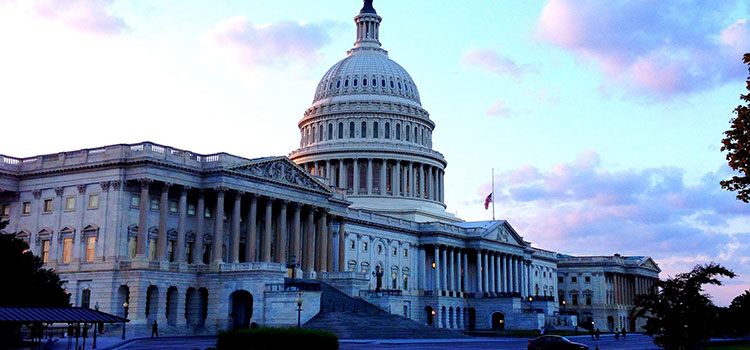
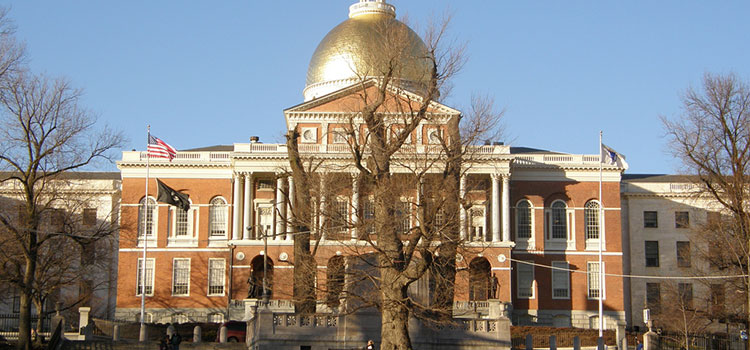
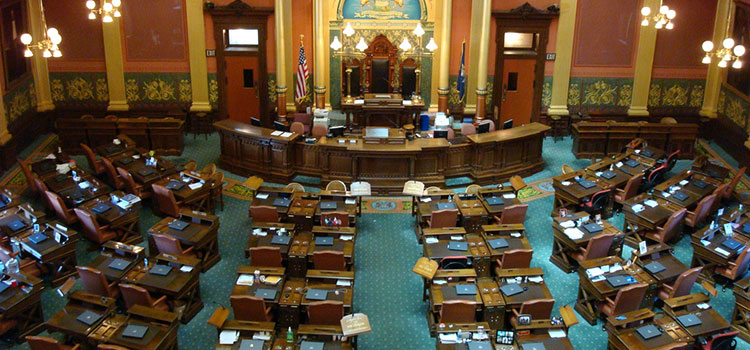
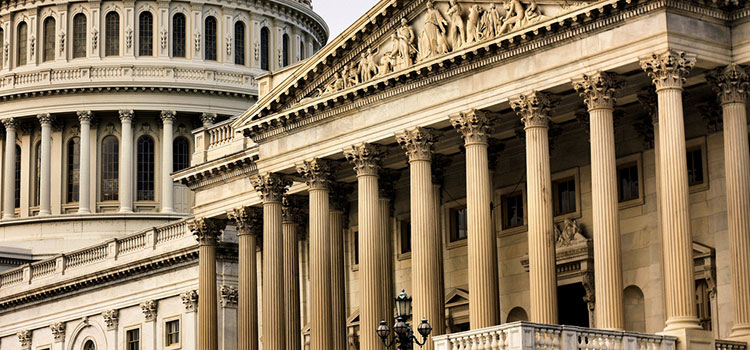






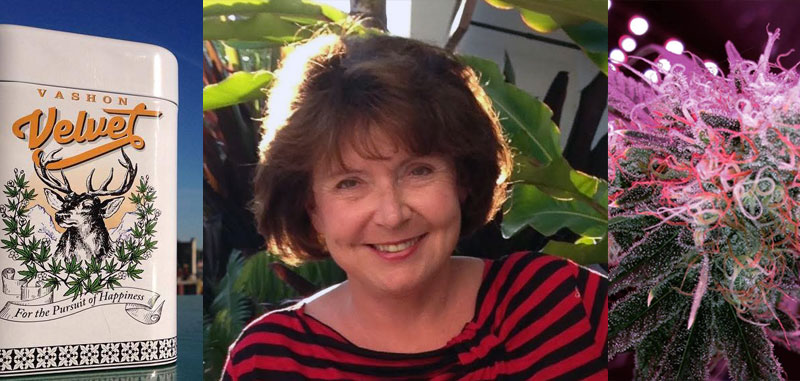
 Washington State’s legal cannabis market just celebrated its first anniversary. While there has been much debate about the merits and faults of I-502 (the initiative which created the state’s legal market), it is undeniable that the industry has gained momentum and many recreational growers are making a name for themselves in the market.
Washington State’s legal cannabis market just celebrated its first anniversary. While there has been much debate about the merits and faults of I-502 (the initiative which created the state’s legal market), it is undeniable that the industry has gained momentum and many recreational growers are making a name for themselves in the market.